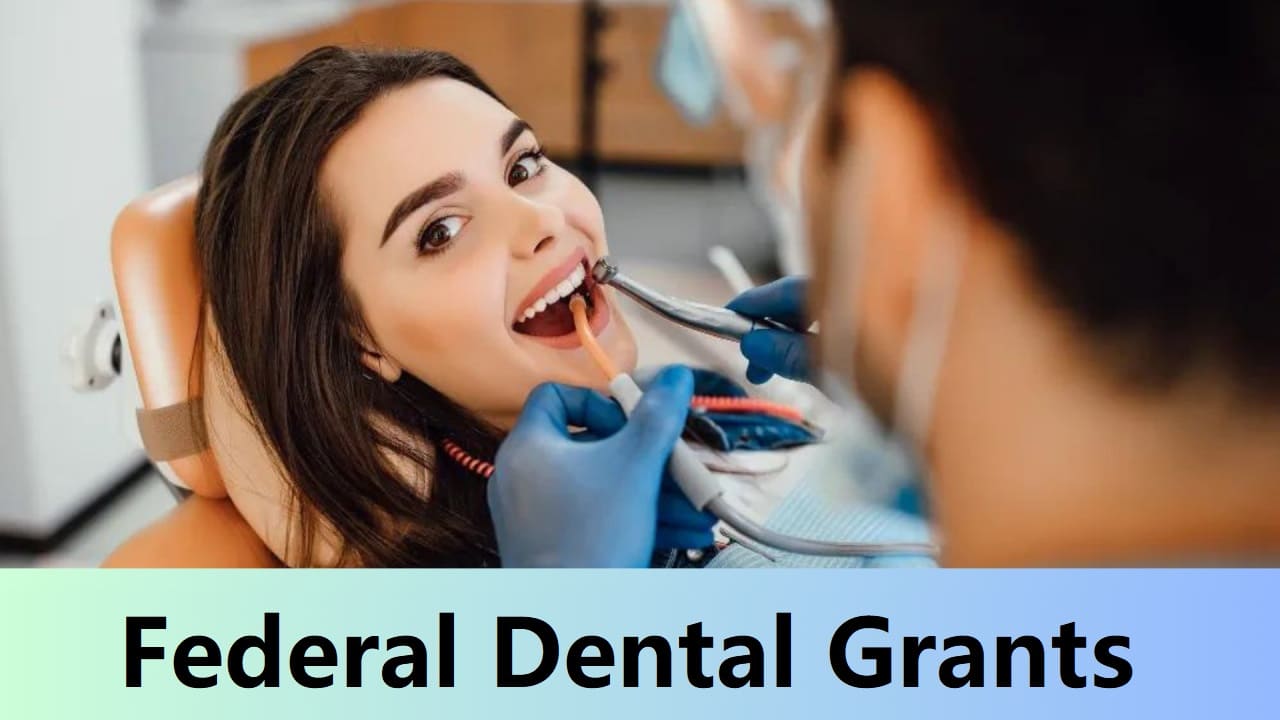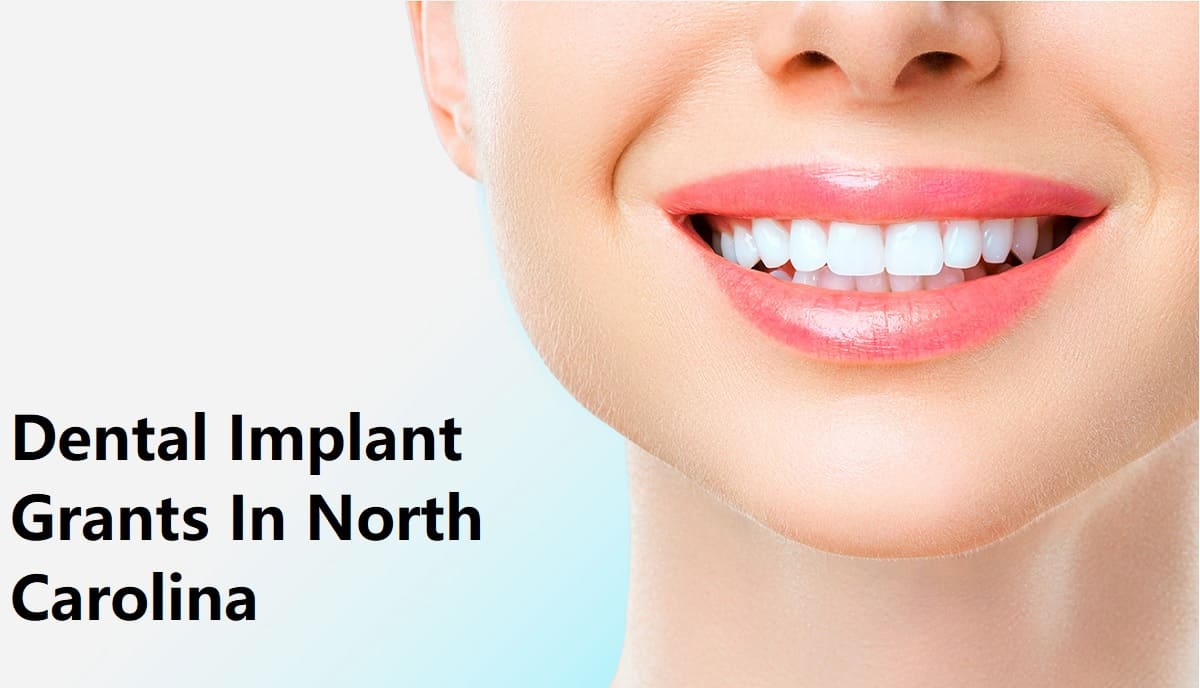
Dental care is crucial for overall health, yet it remains inaccessible and unaffordable for many Americans. According to the National Association of Dental Plans, 74 million Americans have no dental coverage. The high costs of dental procedures lead many to skip recommended treatments. Without proper dental care, minor problems can escalate into complex and expensive issues over time.
Fortunately, federal grants can help provide funding for dental care and education. As we look ahead to 2024, what federal grants will be available for dental services and training? What qualifications and application processes will be required? This guide explores upcoming federal grant programs that can make dental care more affordable and support workforce training in dentistry.
Overview of Federal Grant Programs for Dentistry in 2024
Several federal agencies oversee grant programs that promote oral health and expand the dental care workforce. Grants support dental schools, clinics, professionals, and research initiatives. Some major programs to know about include:
- HRSA Grants: The Health Resources and Services Administration (HRSA) oversees essential funding for dental education, services, and workforce development.
- NIH Grants: The National Institutes of Health (NIH) offers research grants related to oral health and dentistry.
- CDC Grants: The Centers for Disease Control provides awards for community programs that advance dental health.
- SAMHSA Grants: The Substance Abuse and Mental Health Services Administration has grants for oral health integration into overall wellness programs.
- IHS Grants: The Indian Health Service gives awards benefiting tribal dental health access.
Applicants can include dental schools, universities, community health centers, local governments, tribes, nonprofit organizations, and dental professionals. Awards range from several thousand to several million dollars depending on the administering agency and program goals.
Key HRSA Grants for Dentistry in 2024
HRSA oversees many critical grant programs for dentistry and dental education. These programs aim to diversify the oral healthcare workforce, promote cultural competence among dental providers, expand services to underserved groups, and enhance dental practice in rural areas.
Major HRSA grants for dentistry include:
Scholarships for Disadvantaged Students
Award Amount: Varies based on recipient’s need
Description: Offers tuition support for financially disadvantaged students pursuing dental degrees. This grant aims to diversify the dental provider population.
Faculty Loan Repayment Program
Award Amount: Up to $40,000 toward qualified student loans
Description: Helps recruit and retain faculty at accredited dental institutions by offering student loan repayment assistance. Eligible specialties include general, pediatric, public health, and oral health nursing.
Oral Health Workforce Development Grants
Award Amount: Up to $300,000
Description: Supports dental hygiene, assisting, and therapy training programs at colleges and community partners. Promotes innovation in program delivery and access.
Oral Health Training Grants
Award Amount: Up to $300,000
Description: Strengthens diversity among dental providers, expands cultural competence, and increases access to care for underserved populations.
Rural Residency Planning and Development Grants
Award Amount: Up to $75,000
Description: Establishes or expands dental residency programs serving rural and underserved communities through clinical training partnerships.
Look for the application periods opening in late 2023 to apply for 2024 funding opportunities through these and other HRSA grants.
NIH Grants That Support Dental Research
The NIH annually provides over $32 billion in medical research funding through its various institutes and centers. Several institutes offer grants specifically for dental and oral health research projects.
NIDCR Grants
The National Institute of Dental and Craniofacial Research (NIDCR), part of the NIH, offers the most opportunities. NIDCR grants fund research across areas like:
- Oral health disparities
- Dental materials and bonding
- Salivary diagnostics
- Dental caries prevention
- Periodontal disease
- TMJ disorders
- Oral cancer
Award Amount: From under $100,000 up to several million for larger, multi-year studies
Description: Funds clinical, epidemiological, behavioral, translational, and basic science projects that uncover new insights for improving dental health and care.
NICHD Grants
The Eunice Kennedy Shriver National Institute of Child Health and Human Development (HRSA) also offers some oral health research funding. Priorities include exploring early childhood cavities, the safety of dental anesthesia in pregnant women, and the effects of poor maternal dental health on child outcomes.
Award Amount: Around $275,000 on average
Description: Supports research on dental and craniofacial health as it intersects with child, maternal, and family wellbeing.
CDC Oral Health Grants
The CDC promotes oral health through various public health programs. CDC grants help support community dental initiatives, data tracking, and access for uninsured and high-risk populations.
Improving the Oral Health of Vulnerable Older Adults
Award Amount: Up to $900,000
Description: Develops programs that provide dental care for economically disadvantaged seniors. Focuses on prevention, early detection, and management of oral diseases.
Partnerships to Improve Oral Health
Award Amount: Up to $900,000
Description: Builds programs delivering community-based dental services, with an emphasis on rural populations, children, pregnant women, and patients with chronic conditions like diabetes.
Oral Health Surveillance System
Award Amount: Up to $900,000
Description: Strengthens tracking of dental services, usage, costs, and outcomes. The goal is to enhance data to inform policies and resource allocation.
SAMHSA Grants for Integrated Care
SAMHSA grants aim to incorporate dental care into overall wellness, including mental health and substance abuse treatment programs.
Primary and Behavioral Health Care Integration
Award Amount: Up to $2 million
Description: Facilitates dental care coordination in community behavioral healthcare settings to better treat mental illness, addiction, and oral diseases holistically.
IHS Grants for Tribal Dental Programs
The IHS provides grants to support and expand dental services for American Indians and Alaska Natives through Tribal Health Programs.
IHS Oral Health Preventive Services
Award Amount: Around $30,000 – $150,000
Description: Increases access to preventive dental care for tribal communities, like sealants and fluoride treatments for children.
Grant Application Periods for 2024
Most federal agencies post funding opportunity announcements for the upcoming fiscal year in the spring and summer months, between April and August. To find open applications in late 2023 for 2024 awards:
- Check Grants.gov regularly for postings. You can search by agency.
- Sign up for email alerts from target agencies and programs.
- Reach out to grant program officers to express interest.
- Consult your institutional grants office for info on upcoming opportunities.
- Review agency websites for webinars, applicant resources, and program contacts.
Plan your application for submission during the specified period. This gives you the best chance at being competitive for 2024 funding.
Eligibility Factors for Federal Dental Grants

Each grant program has unique eligibility criteria that applicants must meet. However, some common requirements include:
Organizational Requirements
The type of organizations eligible varies. Examples include:
- Dental or dental hygiene schools
- Universities and academic medical centers
- Community health clinics
- Public health departments
- Tribal health centers
- Nonprofit organizations
- Professional dental associations
- Health research institutions
Individual Provider Requirements
For training grants, providers must meet licensure and specialty guidelines. Residency grants may require participating faculty and preceptors to have board certification in dental specialties.
Accreditation Requirements
Institutional applicants may need accreditation. For example, grants for dental schools and hygiene programs typically require ADA accreditation.
Match Funding
Some federal grants require you to contribute a certain percentage of matching funds. This ensures recipient buy-in. Make sure you have funds available.
Prior Award Performance
Agencies often limit eligibility to applicants in good standing on prior government grants. Check your institutional track record.
5 Tips for a Strong Federal Grant Proposal
Follow these top tips to write a compelling dental grant proposal:
- Align with the funder’s priorities
Carefully target grants whose aims match your project’s goals. Tailor objectives and activities to the sponsor’s interests.
- Engage an experienced project team
Include personnel like the Principal Investigator, project manager, statisticians, dentists, and advisors with proven capacity to do the work successfully.
- Demonstrate measurable outcomes
Define clear objectives, metrics, and impact to show the results you will achieve. Quantify how you will evaluate success.
- Highlight innovation
Emphasize what makes your project or approach creative, unique, and transformative in improving dental care access and delivery.
- Express long-term sustainability
Discuss how positive impacts will continue after grant funding ends through organizational commitments, community partnerships, policies, and resource leveraging.
FAQs About Federal Dental Grants
Are there grants for opening a new dental practice?
The Small Business Administration offers loans but not usually grants for dentists to start private practices. However, HRSA does offer Rural Residency Planning grants to establish dental clinics serving rural areas through academic-community partnerships.
Where do you apply for federal dental grants?
Applications are through the online Grants.gov system for most agencies like HRSA, NIH, CDC, and IHS. Every grant opportunity provides specific instructions. You can search the centralized portal by agency and category.
How do I find upcoming federal grant opportunities?
Check Grants.gov and sign up for email alerts. You can also visit target agencies’ websites for newsletters, social media updates, and listings of current funding opportunities with approaching deadlines. Talking to program officers can also provide insider knowledge.
Can individual dentists or hygienists apply for grants?
Rarely – most federal grants for dentistry go to organizations, schools, health centers, tribes, and government agencies that can demonstrate wide community impact. The exceptions are some training grants for residencies or faculty positions where individual clinicians are the recipients.
Are there grants to expand dental services and access?
Yes, major programs like HRSA’s Oral Health Workforce grants and CDC’s Partnerships to Improve Oral Health grants aim to expand dental care to underserved rural and urban communities through organizational and provider training efforts.
Conclusion
Dental health is essential yet out of reach for too many, especially vulnerable populations. Federal grants provide crucial funding that supports dentistry education and training, research that advances the quality of care, programs serving those with the greatest access barriers, and innovations to build organizational capacity.
Major agencies like HRSA, NIH, CDC, IHS, and SAMHSA offer millions in awards annually. Understanding core grant programs, eligibility factors, application timelines, and tips for competitive proposals enables dental providers, researchers, academics, and community organizations to access these resources. Securing federal grants in 2024 and beyond can profoundly improve oral health equity and outcomes across the nation.
Mustafa Al Mahmud is a passionate medical writer and health enthusiast. He is excited to share his knowledge and make reliable health information more accessible through Quick Medico. Mustafa aims to write about common diseases, medications, wellness topics, and the latest health research in easy-to-understand language. He believes clear and accurate health communication empowers readers to take charge of their well-being. In his free time, Mustafa enjoys hiking, cooking, and spending time with his family.



